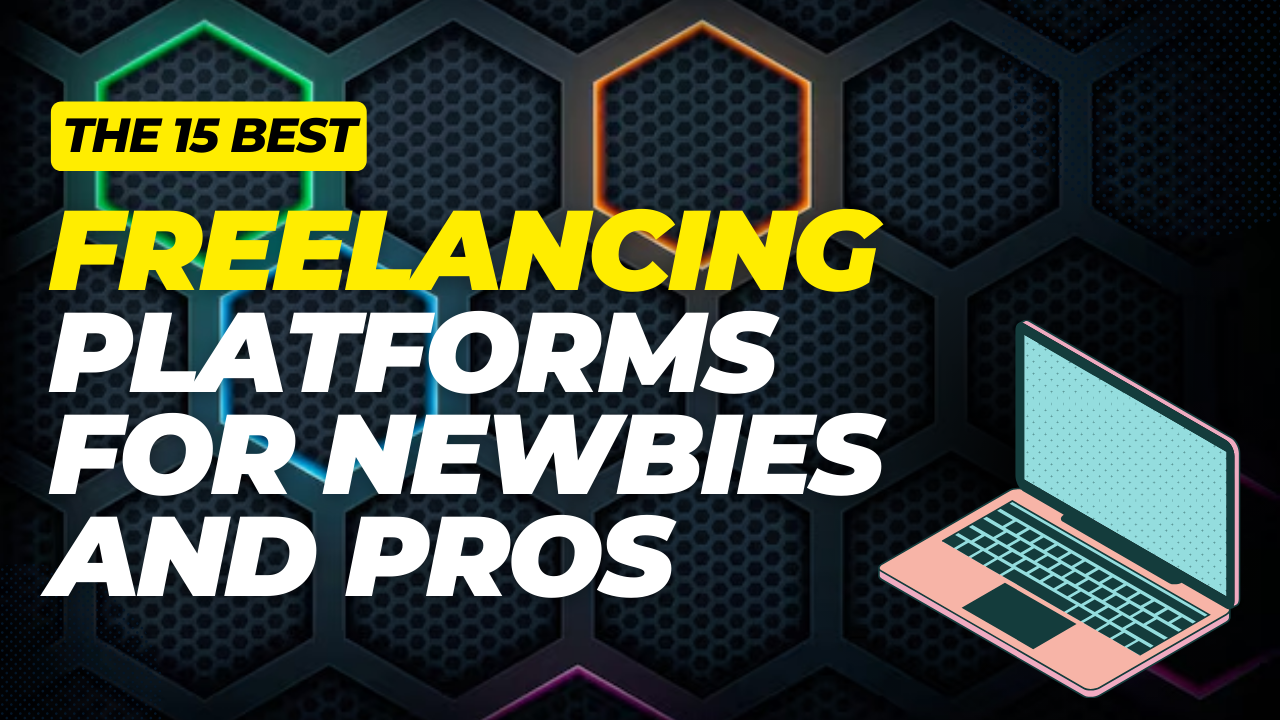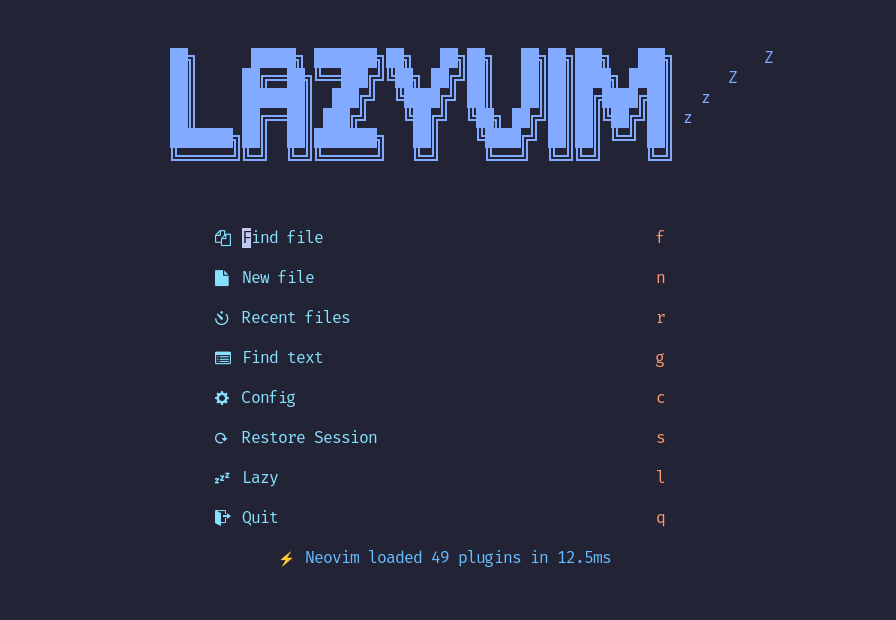· Kalpa Madhushan · freelancing · 4 min read
Freelancing vs Full-Time Work: Which Is Right for You?
Struggling to decide between freelancing and full-time work? This expert guide dives deep into the pros, cons, and key differences of each path, helping you make an informed choice based on your goals and lifestyle.

Freelancing vs Full-Time Work: Which Is Right for You?
Introduction
When I first started my career as a software engineer, I was fully committed to working a regular full-time job. Having a steady paycheck and a clear career path felt safe and reassuring. But over time, I became curious about freelancing and decided to give it a try. I started taking on projects through platforms like Fiverr and Upwork, and even worked directly with some private clients. As I balanced both worlds, I learned a lot about the upsides and downsides of each. If you’re trying to decide between freelancing and a full-time job, this article will walk you through the benefits, challenges, and important things to think about for both options.
Table of Contents
- What Is Freelancing?
- What Is Full-Time Work?
- Key Differences Between Freelancing and Full-Time Work
- Advantages of Freelancing
- Disadvantages of Freelancing
- Advantages of Full-Time Work
- Disadvantages of Full-Time Work
- Freelancing vs Full-Time Work: A Detailed Comparison
- FAQs About Freelancing and Full-Time Work
- Conclusion and Next Steps
What Is Freelancing?
Freelancing involves offering your skills and services to clients on a project-by-project basis. Freelancers often work independently, choosing their clients, projects, and work hours. Popular freelancing platforms include:
- Upwork
- Fiverr
- Toptal
- Freelancer
Freelancers are self-employed and typically responsible for managing their taxes, healthcare, and retirement savings.
What Is Full-Time Work?
Full-time work involves being employed by a single company, often working 30-40 hours per week. Full-time employees usually receive benefits like:
- Health insurance
- Paid time off
- Retirement plans
Unlike freelancing, full-time work provides a more structured environment and long-term stability.
Key Differences Between Freelancing and Full-Time Work
| Feature | Freelancing | Full-Time Work |
|---|---|---|
| Work Hours | Flexible, self-determined | Fixed, set by employer |
| Income | Variable, project-based | Stable, consistent salary |
| Job Security | Project-dependent | More secure with benefits |
| Autonomy | High | Moderate |
| Benefits | Self-managed | Employer-provided |
| Career Growth | Self-driven | Structured and employer-driven |
| Networking | Requires active effort | Built into the workplace |
Advantages of Freelancing
- Flexibility: You choose when, where, and how you work.
- Variety of Projects: Work on diverse projects across industries.
- Earning Potential: Set your rates and potentially earn more than in a full-time role.
- Skill Development: Exposure to different challenges enhances your expertise.
Disadvantages of Freelancing
- Income Instability: No guaranteed paycheck.
- No Benefits: You’ll need to manage healthcare and retirement independently.
- Client Management: Finding and retaining clients can be challenging.
- Work-Life Balance: It’s easy to overwork or underwork without discipline.
Advantages of Full-Time Work
- Stability: Predictable income and job security.
- Benefits: Access to health insurance, paid leave, and retirement plans.
- Structured Career Path: Clear opportunities for promotions and growth.
- Collaborative Environment: Work with a team and learn from peers.
Disadvantages of Full-Time Work
- Limited Flexibility: Fixed hours and office locations.
- Salary Cap: Earning potential is often limited by company budgets.
- Monotony: Repeating the same tasks can lead to burnout.
- Less Autonomy: Decisions are often made by higher management.
Freelancing vs Full-Time Work: A Detailed Comparison
| Aspect | Freelancing | Full-Time Work |
|---|---|---|
| Work-Life Balance | Highly customizable | Fixed hours can make balance easier |
| Learning Opportunities | Varied, self-initiated | Focused on company needs |
| Tools Required | Personal investment | Provided by employer |
| Taxes | Self-managed | Withheld by employer |
| Longevity | Short-term contracts | Long-term commitment |
FAQs About Freelancing and Full-Time Work
1. Is freelancing riskier than full-time work?
Freelancing involves income variability and lack of benefits, but with proper planning and client management, risks can be mitigated.
2. Can I transition from full-time work to freelancing?
Yes. Many professionals start freelancing part-time to build a client base before transitioning fully.
3. What tools do freelancers need?
Freelancers often use tools like:
- Trello or Asana: For project management
- QuickBooks: For managing finances
- Canva: For design tasks
Conclusion and Next Steps
Choosing between freelancing and full-time work depends on your goals, lifestyle, and risk tolerance. Freelancing offers unparalleled freedom and earning potential, while full-time work provides stability and structured growth.
Key Takeaways:
- Assess your financial situation before making a decision.
- Start freelancing part-time to test the waters.
- Invest in tools and skills to excel in your chosen path.
If you’re considering freelancing, check out our guide on How to Start Freelancing Without Any Experience. For those leaning toward full-time roles, explore our article on navigating office politics effectively.
Ready to take the leap? Subscribe to our newsletter for expert advice on career growth, freelancing strategies, and productivity tips!



